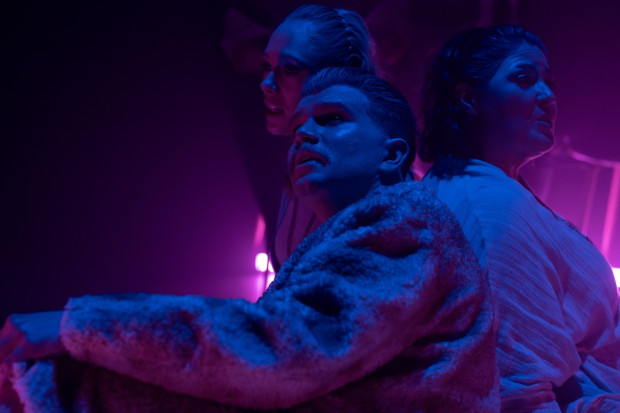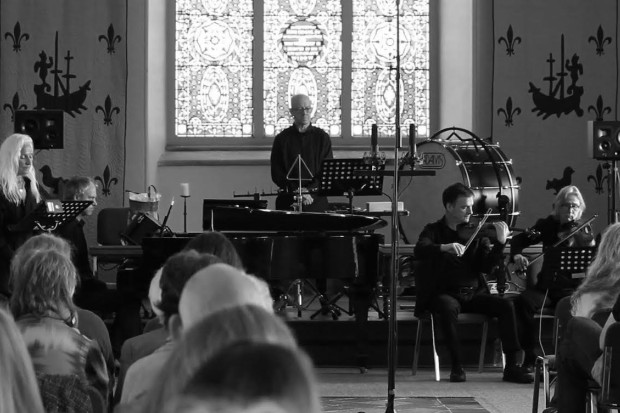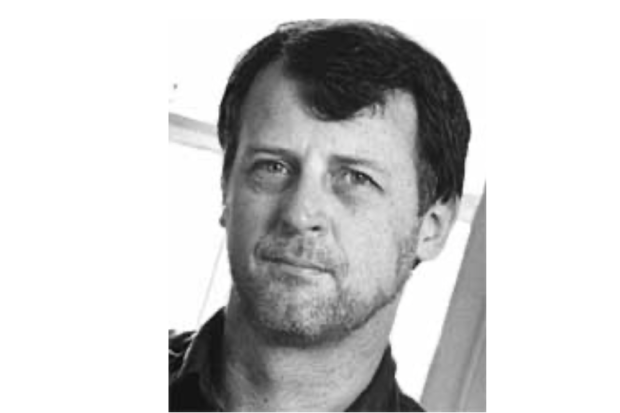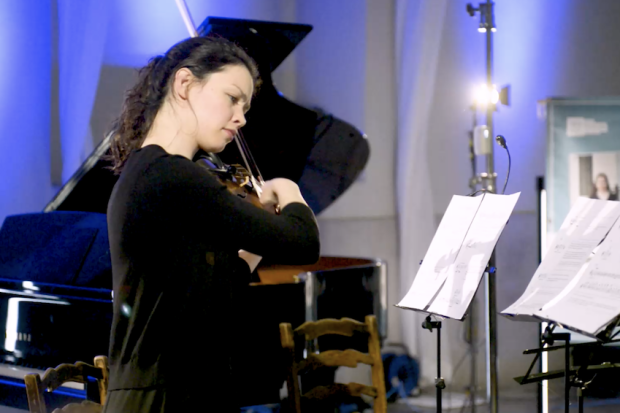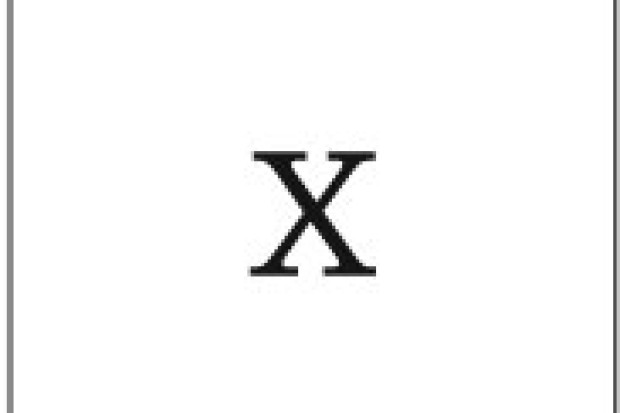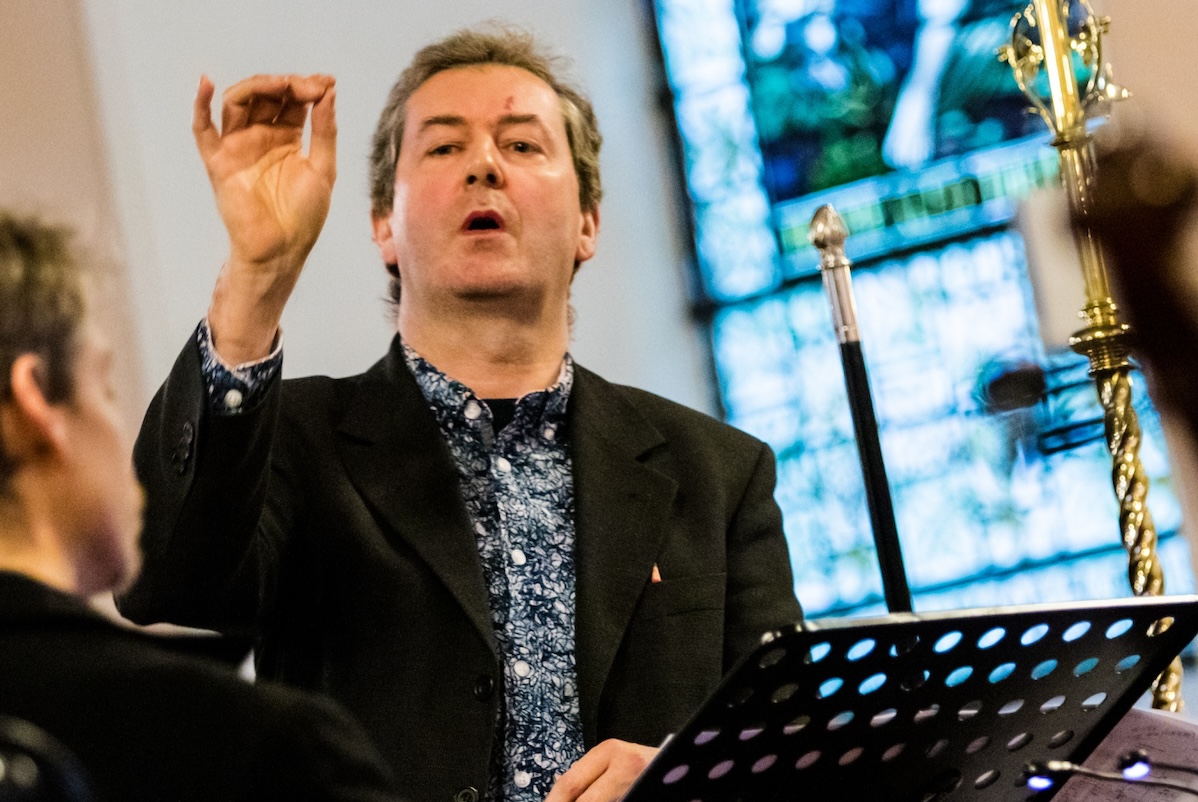
Composer John McLachlan (Photo: John Soffe)
The Evolution Across a Composer’s Career
Mary Dullea’s new album of John McLachlan piano music, Drinking the Stars, is essentially a career retrospective for the composer. It includes nearly every (non-pedagogical) solo piano piece McLachlan has written in the past 30 years – though he wrote virtually none between the earliest works (Ockham’s Razor and X from 1994, two pieces often paired as studies) and the next earliest (2003’s Nuance) so most of the works date from after the turn of the millennium.
The collection suggests a strong tendency in McLachlan towards writing miniatures and shorter-form pieces. As well as the two studies, there are two collections of very short pieces – 2016’s Nine has, well, nine, and 2020’s Stone Bell and Sandwave has twenty more – and November, December, and January are five-minute pieces distributed across the album and loosely connected under the parenthetical subtitle Winter Music. There are only four totally standalone works: Nuance, Grand Action, fíailí ceoil, and the title piece.
This is only the second album release solely dedicated to McLachlan’s decades-long career, with 2021’s first (frustratingly, for the purposes of this sentence, called First) also on Farpoint Recordings. Much of his work resists traditional narrative, but with the emphasis on ‘traditional’; there is still in any of the longer works a sense of through-line. His music is often spare but not uninviting, with an audible shift in the past decade or so away from concerns with abstract structure and towards something more expressive and melodic.
Miniatures
Nine was written for Dullea, and is a good demonstration of McLachlan’s facility for writing miniatures. The brevity of each piece in this set really works to its advantage. The same goes for the lockdown-composed Stone Bell and Sandwave; both sets comprise pieces that are introspective, abstract, pictorial or virtuosic. Nine, for example, nestles the percussive, almost Bartókian, ‘Kimata’ between ‘Ananda’, which sees tiny patterns scurrying around the edges of a long, slow melody, and the darkly drifting ‘Nebula’. On Stone Bell and Sandwave, ‘Aria’ provides a rare dip into playful modality, while ‘Celesta’ doesn’t so much impersonate that instrument as it captures its character, and perhaps a feeling of melancholy.
Of the remaining standalone works, I found the first and last to be the most convincing. The first, 2003’s Nuance, is constructed along the lines of a prelude and fugue, with the latter’s voices finding their way simultaneously to the highest and lowest registers of the piano at its close. The album’s title work, Drinking the Stars, also serves as its closer, and is probably the most fun on the album, consisting mainly of manic-but-delicate runs punctuated by crunchy dissonances and periods not so much of rest as of nervously pent-up energy.
Amongst these individual and collected shorter pieces is one very substantial work, whose title also hints at the idea of miniatures: fíailí ceoil (‘musical weeds’ – a play on early baroque Fiori Musicali, ‘musical flowers’). At 24 minutes, it’s far longer than any other piece in the set, and even than most of the collections. The music is delineated into distinct timbral worlds, one led by a slowly rising arpeggio motif, another by wandering chords, another by accented notes punctuating assertive trills, and so on. So there’s still a sense of distinct musical ecologies, but a stronger sense of interconnectedness and flow.
Clarity and accuracy
Of course it’s no surprise that Dullea’s playing doesn’t flag once throughout the recording. McLachlan’s music tends towards sparse textures, meaning that clarity and accuracy are paramount in performance. Even in passages like the punchy bass chords that appear throughout Grand Action, her playing is always crisp.
In a recent interview for the Contemporary Music Centre’s Amplify podcast, McLachlan described his deepening embrace of the instinctive in composition. This is a tendency that becomes more pronounced across his career, and is even clear from the liner notes, with the oldest pieces described by technique (‘two overlapping rhythmic templates which are themselves fixed’ for Ockham’s Razor) and the later ones by impetus or character (‘almost representing the return of nature in a post-apocalyptic deserted landscape where various types of weed have broken through’ for fíailí ceoil).
Though instinct has always been a component of his music, his earliest have an element of Webernesque austerity that (likewise) remains in the later works, though the balance shifts.
Hearing the change across a composer’s career is often the benefit of a collection like this one (though it can highlight some compositional crutches; count the number of pieces opening with an arpeggio-like shape slowly rising from the low-mid register to the highest). Almost everything McLachlan has written for solo piano is here; almost all short works, and the collections of miniatures conveying varied and fascinating character. As an album, Drinking the Stars shows the composer’s unique developmental direction, his music’s journey to a more relaxed place.
Drinking the Stars is available as a limited edition CD with 16-page booklet from Farpoint Recordings. Visit https://jmclachlan.bandcamp.com/album/drinking-the-stars.
Subscribe to our newsletter.
Click on the image below to listen.
Published on 7 December 2023
Brendan Finan is a teacher and writer. Visit www.brendanfinan.net.










